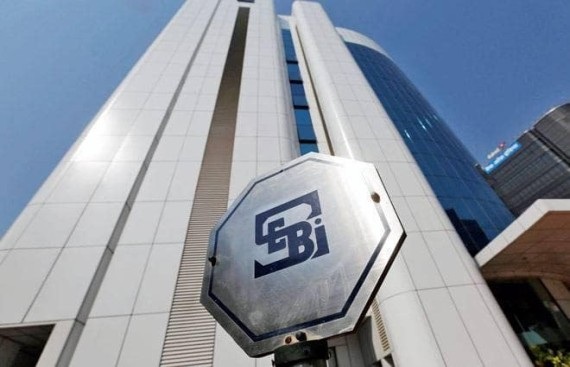SEBI Eases Listing Norms for Startups; Tweaks Rules for Delisting

In an action-packed board meeting, Securities and Exchange Board of India (SEBI) approved several amendments to LORD (Listing Obligations and Disclosure Requirements) Regulations, 2015 to strengthen corporate governance practices and disclosure requirements.
"These amendments are aimed at ensuring gender neutrality and maintaining consistency within the LODR regulations, harmonizing certain provisions of the LODR Regulations with Companies Act, in addition to strengthening the corporate governance practices and disclosure requirements and easing the compliance burden on listed entities," says, SEBI.
The provisions of LODR norms that apply to listed firms based on market capitalization requirements, should continue to apply even if those companies fall below the defined thresholds later.
Paid-up capital as well net-worth criteria should continue to pally to such entities unless the paid-up capital or net worth falls and continues to remain below the threshold for a period of three consecutive financial years.
"Requirement for the formulation of dividend distribution policy by the existing top-500 listed entities has been extended to the top-1,000 listed entities based on market capitalization"
If the board meetings are held for more than one day, as per the amendments made, the financial results must be disclosed by the listed entities within 30 minutes of the end of the board meeting for the day on which the financial results are considered.
SEBI has also made it mandatory for companies to release the audio recording of all analyst meetings in 24 hours and timelines for submissions of periodic corporate reports have been harmonized to 21 days from the end of each quarter.
To make the delisting process more transparent and efficient, the board has approved amendments to delisting regulations.
The delisting regulations mention that the promoter or acquirer has to disclose their intention to delist the company by making an initial public announcement and the Committee of Independent Directors will be required to provide their reasoned recommendations on the delisting proposal.
Promoters will be permitted to specify an indicative price for delisting which should not be less than floor price and they will be bound to accept the price discovered through reverse book building if the same is equal to the floor price.
The newly introduced requirement for listed entities' sustainable reporting is that the new report will be called the Business Responsibility and Sustainability Report (BRSR) and will replace the existing Business Responsibility Report (BRR).
It will apply to the top 1000 listed entities (by market capitalization), for reporting voluntarily for FY 2021–22 and on a mandatory basis from FY 2022–23.
The changes have been made to the existing framework for reclassification of promoter companies by the board. Current provisions, such as the condition of obtaining shareholder approval in cases where the promoter seeking reclassification owns less than 1 percent of the shares, will be exempted in cases of reclassification, in line with the existing exemption already applicable in cases of resolution plan authorized under section 31 of the Insolvency Code.
The market regulator has also approved amendments to make the Innovator Growth Platform more accessible to companies because of the evolving start-up ecosystem.
The current IGP eligibility condition of having 25 percent of pre-issue capital owned by qualifying investors for two years has been reduced to one year.
Pre-issue shareholding of such investors is currently considered for only 10 percent of the required 25 percent to meet eligibility norms, but this has now been increased to the full 25 percent required to meet eligibility norms.

